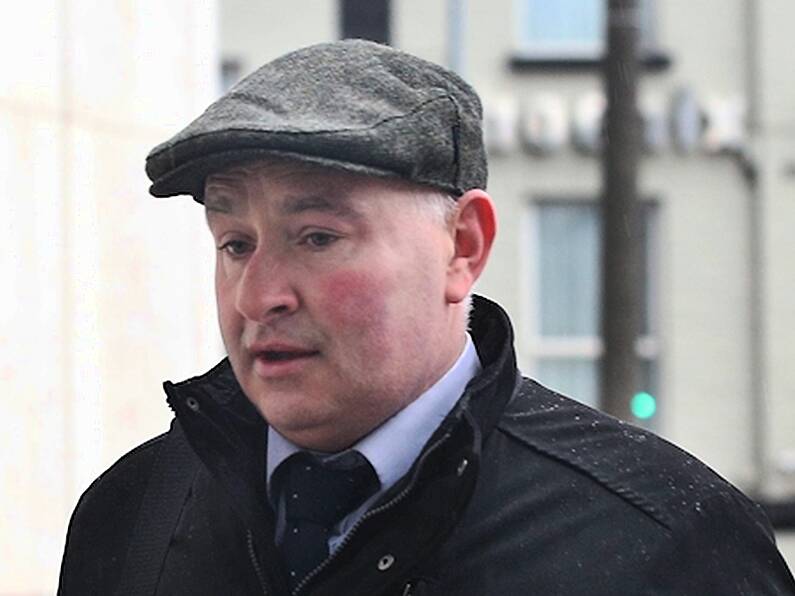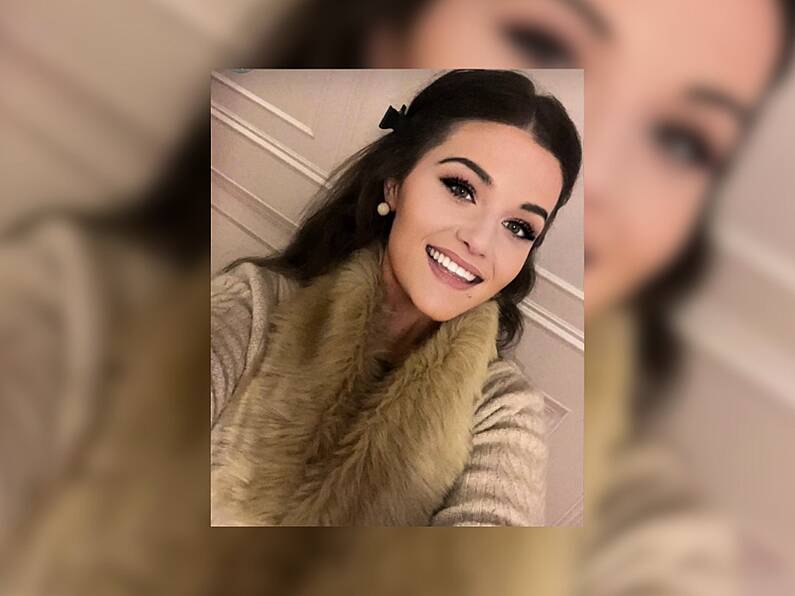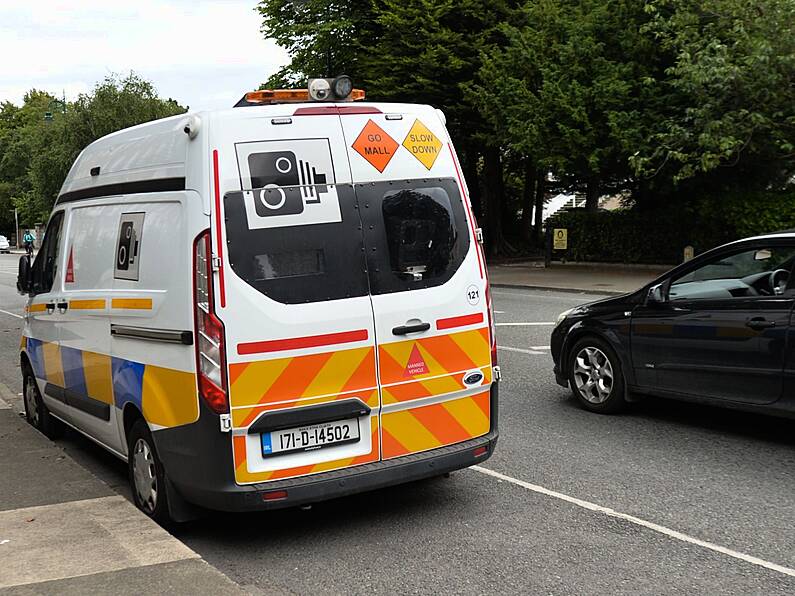By Natasha Reid
"Tabloidese" garda comments about Pat Quirke getting cash and sex on demand and other ‘prejudicial assertions’ during interviews should not have been allowed into the farmer’s murder trial, his barrister has argued in his appeal against conviction.
Bernard Condon SC was making his submissions to the Court of Appeal on the second day of the Tipperary farmer’s appeal.
Quirke (51), of Breanshamore, Co Tipperary was convicted last year of the murder of popular DJ and father-of-two Bobby "Mr Moonlight" Ryan (52) at Fawnagowan in Tipperary.
Mr Ryan disappeared on June 3rd, 2011 after he left Ms Lowry's home early in the morning. His badly decomposed body was discovered in a disused, underground tank on 30th April 2013 on farmland owned by Ms Lowry and leased by Quirke.
Quirke had previously had an affair with Ms Lowry and the prosecution argued that he murdered Bobby Ryan so he could rekindle their affair.
Mr Condon spent much of this morning focussing on interviews Gardaí conducted with Quirke, not when he was questioned about the killing, but about alleged harassment of Ms Lowry. Counsel complained to the three-judge court that a number of prejudicial comments by interviewing Gardaí should not have been heard by the jury.
He submitted that there were six such comments, including that the accused was ‘basically taking Mary Lowry to the cleaners’, ‘could be seen to be taking advantage’ of her, was ‘putting in the boot in on Mary Lowry’, had ‘used Mary in every way’, and ‘had her in the palm of your hand’.
Mockery
The question: ‘Were you not getting cash on demand and sex on demand?’ was not a question; it was a piece of mockery, which had generated tabloid headlines, he said.
This ‘very potent phrase’ was damaging and unfair, and the trial judge should not have allowed it to go to the jury, he added.
“But it’s left in there. That’s just a piece of tabloidese right in the middle of the case,” he argued.
Other issues Mr Condon had with the interviews included ‘an impression being given’ that Ms Lowry was the party wronged in the breakup and that Quirke was jealous and in a rage. He described as prurient, questions about ‘the sex or the secrets’.
Counsel referred to a garda assertion that one of Quirke’s internet searches about ‘body decomposition’ had ‘blown out of the water’ what he had previously told them.
This was ‘a very incendiary phrase’ and was trespassing on the jury’s territory, he argued.
“If the jury want to decide it blows him out of the water, then so be it,” said counsel.
“I’m not saying that garda interviews can’t be robust,” he acknowledged.
However, he suggested that simple editing could have meant that ‘the graphic expressions’ were not allowed in.
Finances
Mr Condon also complained of the various garda questions about the finances of his client and Ms Lowry.
He noted that Ms Lowry’s financial accounts were not put into evidence. Instead of calling a forensic accountant to put it all in context, the Gardaí had ‘put a series of questions with arched eyebrows’.
“Single Farm Payments are beyond the experience of jurors,” he suggested.
Another area of submissions related to the late of non-disclosure of evidence. This included photographs going missing, witnesses finding records during the trial or making additional statements after seeing news reports of the trial.
He cited a number of cases of miscarriage of justice. All involved late disclosure, he said.
He also referred to an internet tool used to prove to the jury that certain items were viewed on Quirke’s computers on certain dates. No expert on this tool was called, he said, describing what was put to the jury as ‘documentary hearsay’.
Counsel also complained of the failure to search vehicles, preserve certain evidence and to take notes during the investigation.
Charge to jury
Another submission related to the trial judge’s charge to the jury.
He described as ‘very damaging’ the instruction to ‘decide what happened in the case’.
Central to his case, he said, was that the jury could not decide what happened.
“A jury is not there to solve mysteries,” he argued. “It’s there to decide if the prosecution has proved its case beyond a reasonable doubt.”
The hearing continues tomorrow before Court president Justice George Birmingham (presiding), Justice Patrick McCarthy and Justice Isobel Kennedy.






